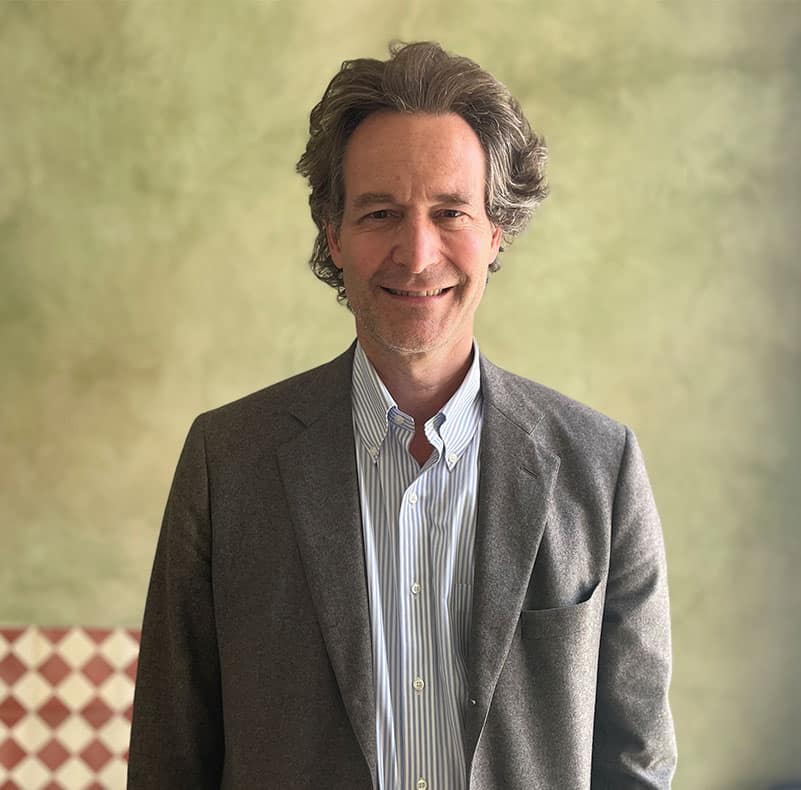Events
- Roundtable ‘How Europe can re-engage to halt the catastrophe in Gaza?’ (2025)
- Presentation of the Elcano Policy Paper: ‘Spain in the world in 2025: perspectives and challenges’ (2025)

José Vericat is Senior Fellow at the Elcano Royal Institute and a Research Fellow at Columbia University, in New York. He holds a PhD in Oriental Studies from the University of Oxford and a master’s degree in international relations from Columbia University. He is also a member of Yale Law School’s Middle East Legal Studies Seminar (MELSS).
He has dedicated his professional and academic career to the study of the Middle East and North Africa. Prior to joining Elcano, he served as Senior Adviser and Team Lead at the European Institute of Peace (EIP) in Brussels, where he founded and led the Israel-Palestine programme, while also developing key projects in Lebanon, Qatar, and Turkey. He collaborated with top foreign policy officials of the European Union and its Member States, mobilising support for the resumption of Israeli-Palestinian negotiations and contributing to EU proposals. He has worked with the EU’s External Action Service, where he led in-depth evaluations of EU policies concerning Palestine and Jordan. Additionally, he served as Senior Adviser to the Toledo International Center for Peace (CITpax), overseeing the development of projects in Libya. At The Carter Center in Atlanta (US), he held the position of representative and director of its Israel-Palestine offices.
At the International Peace Institute (IPI) in Nueva York, he developed and executed research projects, publishing dozens of articles and reports on the key countries of the Arab Uprisings, including Egypt, Libya, Syria, and Tunisia. As a journalist, he contributed to major outlets such as BBC, EFE, El Mundo, RFI, and RNE, where he covered significant regional conflicts and developments in Egypt, Israel, Iraq, Jordan, Kuwait, Lebanon, and Palestine and produced award winning coverage of the Second Intifada and the war in Iraq. Additionally, he has extensive knowledge of Iranian history and politics, having lived in Tehran to studying Persian.
The Israeli-Palestinian conflict has been a central part of his work. Between 2017 y 2023, he dedicated his efforts to resolving the political and humanitarian crisis in the Gaza Strip, promoting Palestinian elections, intra-Palestinian reconciliation, and West Bank-Gaza reunification. He facilitated dialogue among the principal Palestinian factions as well as Israel and international actors.
He has combined his work as a conflict resolution practitioner, with academic research on the Gaza Strip, Palestinian Islamism and Hamas. His 2020 article, ‘A Palestinian Statelet in Gaza’, in which he analyses Israeli and international policies vis-à-vis the territory, is considered by the Journal of Palestine Studies as one of the key pieces for understanding Gaza’s history, the Palestinian attacks on 7 October, and the subsequent Israeli aggression.
He speaks fluent Arabic, is highly proficient in Hebrew, and possesses substantial knowledge of Persian.